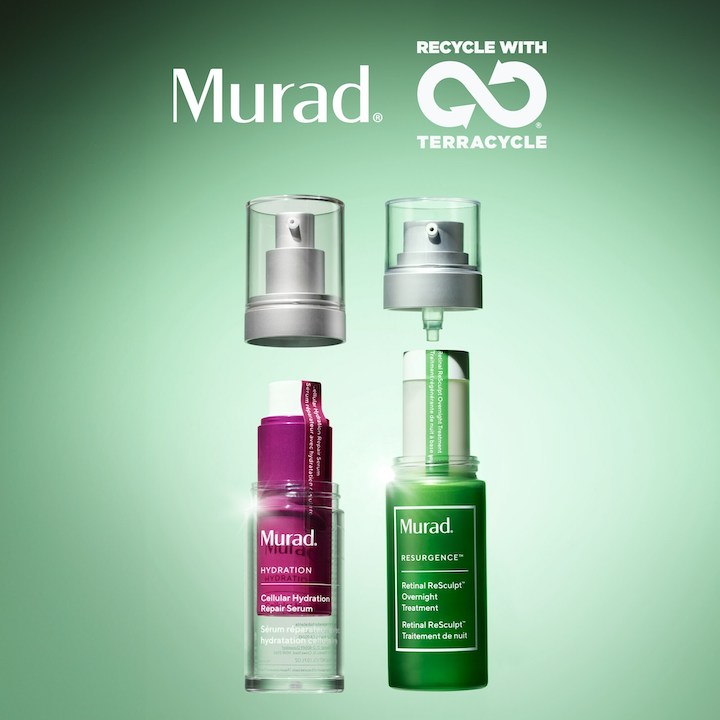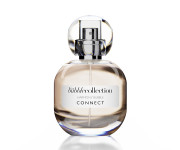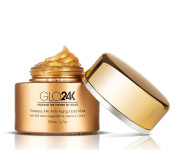In honour of Earth Month, Murad, the leading dermatologist-founded brand, is rolling out new refillable products to help customers minimize waste in their beauty routines. The Retinal ReSculpt Overnight Treatment and Cellular Hydration Barrier Repair Serum, two of Murad’s top sellers, now come in refill options, reducing packaging materials by up to 85% and saving customers 15% on cost.
This eco-conscious move reflects Murad’s commitment to blending innovation with sustainability. The brand aims to expand its refillable offerings in 2024 and beyond, with plans to make all serums refillable soon. Murad’s CEO emphasizes the importance of sustainability and value to today’s consumers, stating, “We’re proud to offer our science-backed skincare innovations in eco-friendly, cost-saving refillable packaging. Supporting healthier skin and a healthier planet has always been our mission.”
Murad further demonstrates its dedication to this mission through initiatives like the Murad Free Recycling Program. In partnership with TerraCycle, customers can responsibly dispose of cosmetic packaging for free, while earning charitable donations for nonprofits. Since its launch in 2022, the program has recycled 9,815 Murad products, saving 1,221 pounds and 656 kgs of CO2 emissions. To participate, customers can visit Murad for a free recycling label.
Tom Szaky, founder and CEO of TerraCycle, applauds Murad’s commitment to sustainability, noting that through the Murad Recycling Program, consumers can recycle skincare packaging that would otherwise end up in landfills.
These efforts align with Murad’s long-term commitment to wellness for both people and the planet. Currently, all Murad cartons are made from FSC-certified material and printed with vegetable-based ink. The brand is on track to achieve its goal of reducing virgin plastic by 50% by 2025 and integrating 50% PCR components by 2030, ultimately aiming for 100% recyclability by 2030. These initiatives will significantly reduce the amount of plastic waste in landfills, with plans including transitioning to 100% non-petrochemical formulations by 2035.







